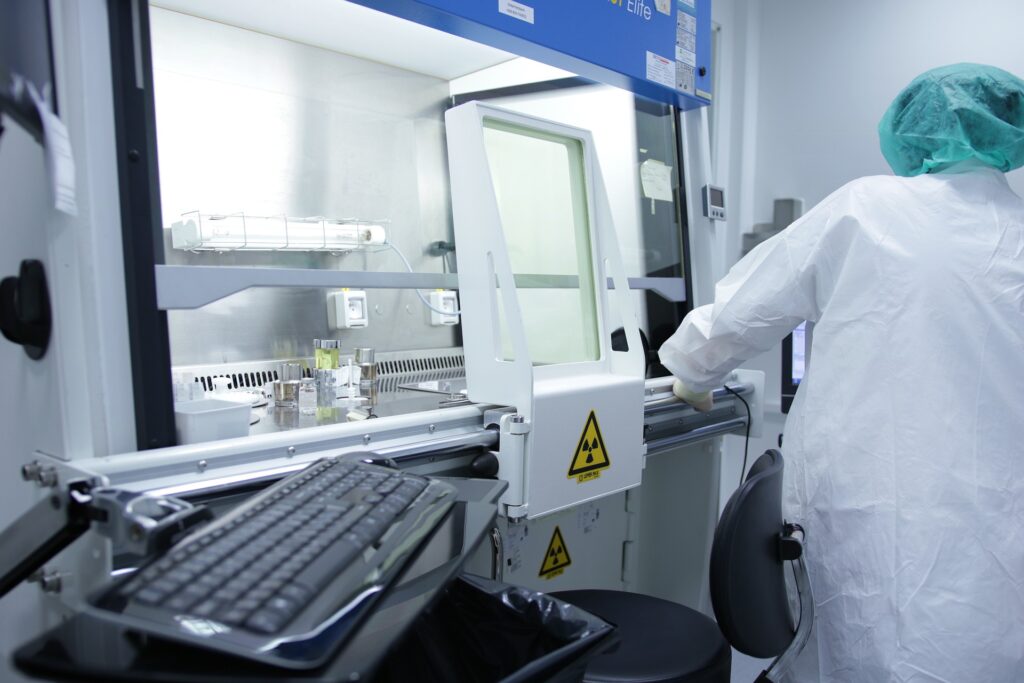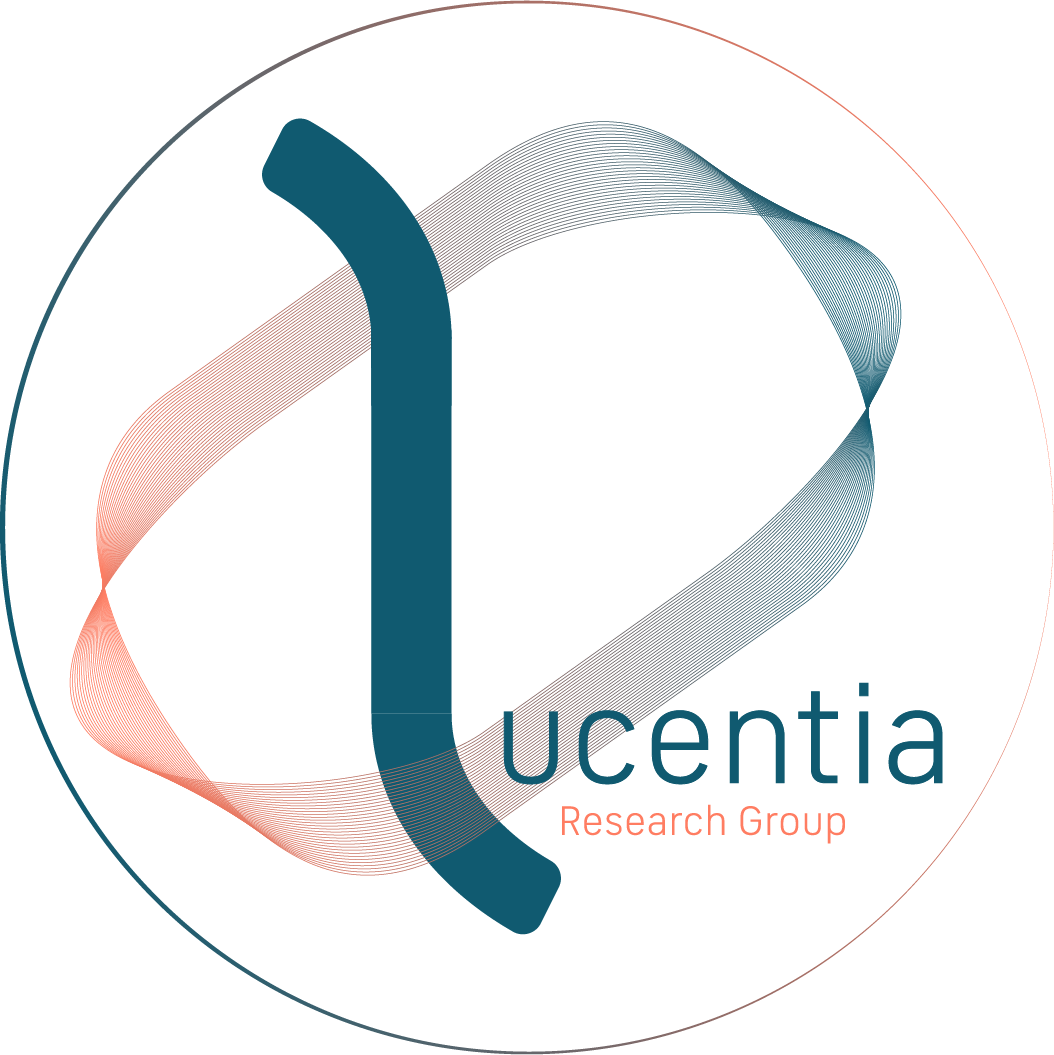Artificial intelligence has achieved a milestone in the early detection of #breastcancer, significantly improving the accuracy of screening and #mammograms. A recent Swedish study has revealed that the application of #AI algorithms to mammogram images has increased the detection of cancerous breast tumours in women by 20%.

According to the research, carried out by health and technology experts, artificial intelligence has been shown to be highly effective in the early identification of lesions and tumours in mammograms. The results of this study have been published in the scientific journal The Lancet Oncology, highlighting the potentially revolutionary impact of this technology on effective and efficient #detection compared to the current method of double reading by two radiologists.
The study was conducted on a sample of 80,000 Swedish women. The data obtained show that the use of artificial intelligence has enabled the identification of smaller tumours at earlier stages, increasing the chances of successful treatment and reducing the mortality rate associated with this disease.
One obstacle that society tends to put in the way of the development of new technologies is that of the possible replacement of people’s work by technology. Even in the case we have been discussing, experts emphasise that artificial intelligence would not replace doctors and radiologists, but would be used as a complementary tool to improve detection and #diagnosis. The accuracy of artificial intelligence together with the expertise and clinical judgement of healthcare professionals can lead to much more effective treatment.
This advance in medicine is undoubtedly further proof of the transformative potential of artificial intelligence in healthcare. At Lucentia, we are also working to participate in this technological transformation to improve people’s lives through an effective diagnosis of ADHD through the Balladeer project. If you want more information about our work in this project you can access the Balladeer website.
The Balladeer project (PROMETEO/2021/088) is funded, within the Prometeo programme, by the Department of Innovation, Universities, Science and Digital Society of the Generalitat Valenciana.
